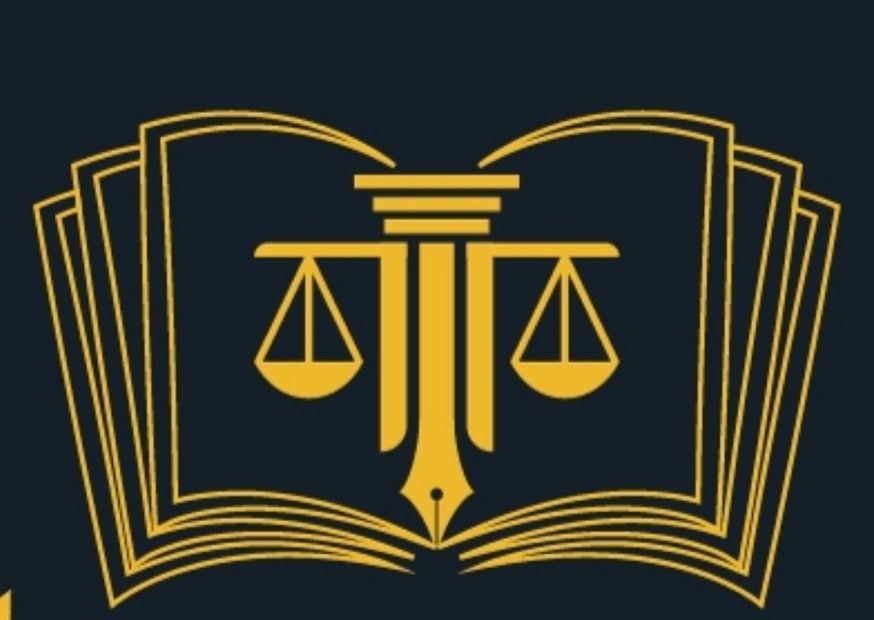QUETTA/ISLAMABAD: Pakistan’s constitutional and legal framework is undergoing one of its most consequential transitions in years, as recent amendments and provincial legislation redraw the lines between judicial independence, executive authority, and legislative oversight.
The 26th Constitutional Amendment has triggered intense debate by altering the composition of the Judicial Commission of Pakistan, bringing senators and MNAs directly into the process of appointing judges. The amendment also empowers a parliamentary committee to choose the chief justice from among the top three senior judges — a shift that legal experts warn could dilute the judiciary’s autonomy and expose it to political leverage.
Adding to the evolving landscape is the proposed 27th Constitutional Amendment. If passed, it would establish a federal constitutional court and significantly reduce the Supreme Court’s jurisdiction — a move critics say marks a departure from the structural protections envisioned in the 18th Amendment. Analysts describe this as a “quiet re-engineering” of Pakistan’s institutional balance.
In Balochistan, the passage of the Anti-Terrorism (Amendment) Act 2025 has intensified concerns. The law expands the powers of law enforcement, allowing authorities to detain individuals for up to 90 days without family notification or presentation before a court. Rights groups argue that such provisions undermine Article 10 of the Constitution, which guarantees timely judicial review for detained citizens. The provincial amendments have also raised questions under Article 143, which mandates federal law supremacy over provincial legislation.
Human-rights organisations warn that these shifts represent more than standard legal reform — they signal a decisive move toward a more centralised state structure where checks and balances risk erosion. Lawyers caution that the cumulative effect of these changes could redefine the role of the judiciary, weaken avenues for constitutional redress, and reshape the country’s democratic order.
As Pakistan navigates this period of legal transformation, citizens and institutions alike are watching closely to see how far — and how fast — these changes will reshape governance and fundamental rights.
This story has been reported by PakTribune. All rights reserved.



